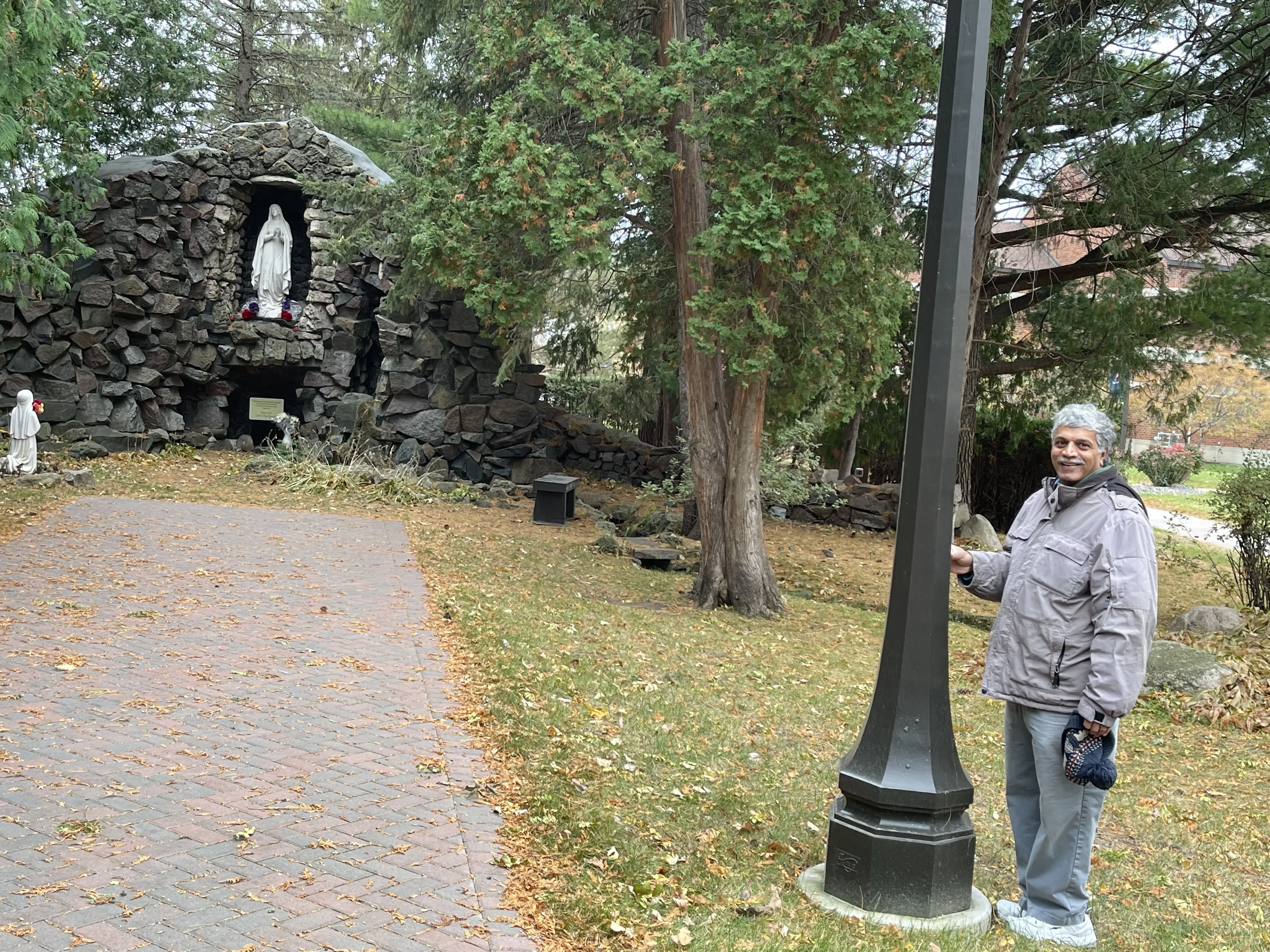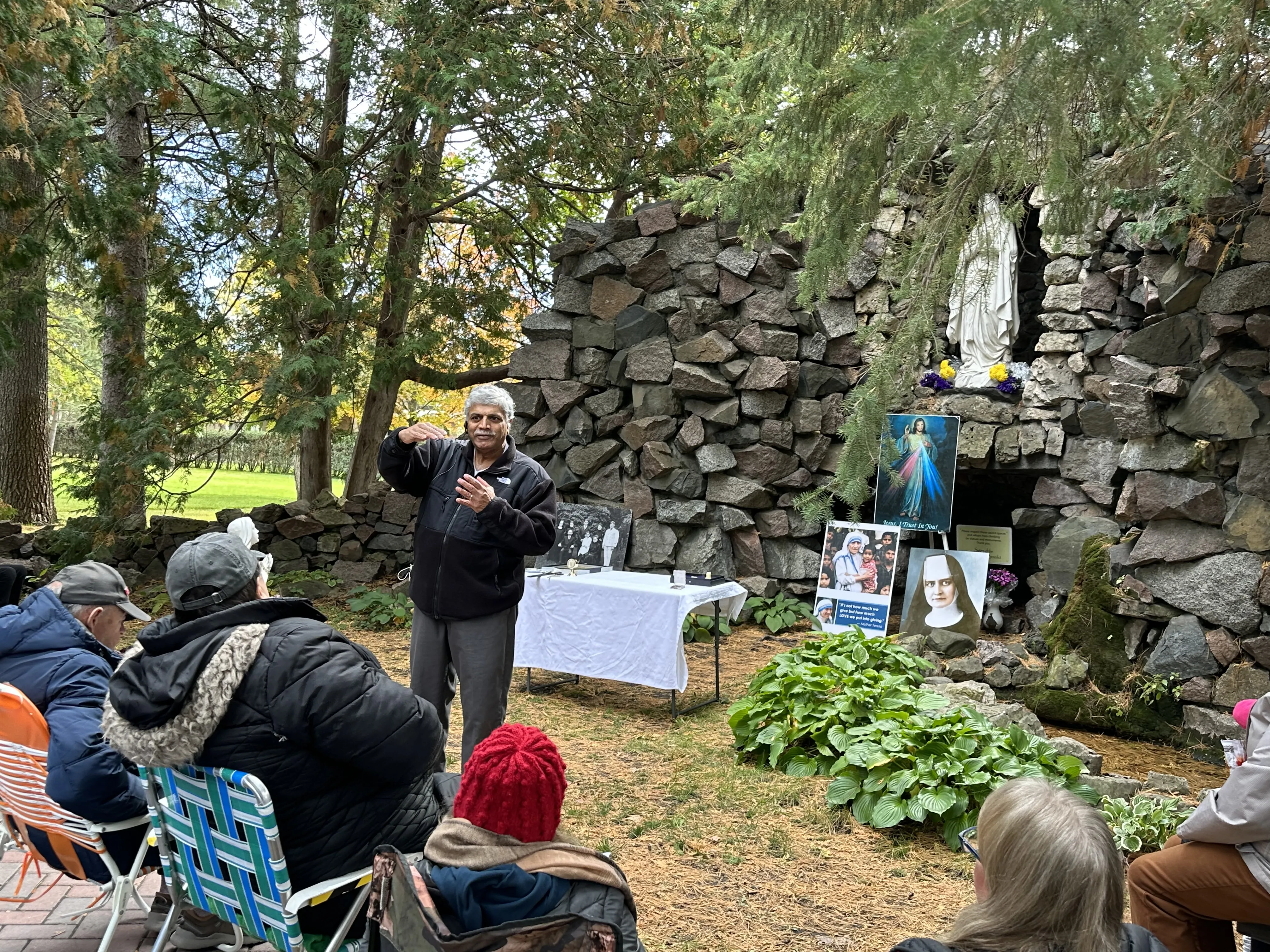
Washington D.C., Jul 12, 2017 / 10:48 am (CNA/EWTN News).- Amidst a growing epidemic of drug overdose and opioid addiction, Catholic bishops have been speaking out on the need for prayer and solidarity with those suffering from addiction.
“The closer you get to the Catholic Church, the closer you get to the wounds of Christ,” Bishop Edward Burns of Dallas said during a June 14 press conference at the U.S. Conference of Catholic Bishops’ recent meeting in Indianapolis.
“And it’s important for us to recognize that we accompany many people who are wounded,” he added. “It’s the very essence of the Church to reach out to those who are wounded.”
The U.S. Centers for Disease Control and Prevention have declared that opioid abuse is an “epidemic” in the United States. Every day, 91 Americans die of an opioid-related overdose. The drugs include those used in prescription painkillers like oxycodone, codeine, and morphine, but also heroin and synthetic opioids like fentanyl, which is 50 to 100 times more powerful than morphine.
Overdoses have also become the leading cause of death for Americans under age 50. Opioids are involved in over 60 percent of overdoses nationwide, the CDC noted, and opioid-related overdoses quadrupled between 1999 and 2015.
Many Americans have reported first using prescription drugs before they used heroin, and rates of “past month” and “past year” heroin use, as well as heroin addiction, went up among 18-25 year-olds from 2002-2013, the CDC found, as heroin has become more widely available and purer.
Heroin-related deaths have more than tripled between 2010 and 2015, driven in part by an increase in synthetic opioids like fentanyl being added to heroin and cocaine to increase the potency of the drugs, the CDC reported.
At the U.S. bishops’ annual spring meeting in Indianapolis, held June 14-15, several bishops addressed the rising opioid crisis and discussed what the Church is doing to help those addicted to opioids, and their families. “The problem is becoming just so massive,” said Cardinal Daniel DiNardo of Galveston-Houston, president of the U.S. bishops’ conference.
In Vermont, parishes are trying to reach out to victims on the local level, but are making sure to reach the families of victims as well, Bishop Christopher Coyne of Burlington, Vt. explained at the June 14 press conference.
“Oftentimes we are kind of limited in what we can do on a state level,” he acknowledged. “But at our parishes, and in our agencies in our parishes, we can continue to reach out to addicted families,” he noted, adding, “not just those who are in recovery, but also their families.”
This also involves finding foster parents for children of addicted parents, particularly those whose parents have overdosed and those who suffer from Neonatal Abstinence Syndrome.
Ultimately, Catholics must “recognize that it’s not just the addicts; it’s the whole family that suffers,” he continued.
Catholic Charities in the Galveston-Houston archdiocese is “already on to this question,” Cardinal DiNardo noted, and is providing “the kinds of charity and help and counseling for them and their families that Catholic Charities by its professional expertise brings.”
On June 29, Bishop Edward Malesic of Greensburg, Pa. published a pastoral letter on the opioid crisis. In his diocese in Western Pennsylvania, over 300 opioid-related deaths had ravaged the communities in the previous year.
In his “Pastoral Letter on the Drug Abuse Crisis from Death and Despair to Life and Hope,” Bishop Malesic affirmed that in response to the crisis, “we can either sink down into despair or rise up in hope.”
“This is a plague that has come into the homes and families of every city, town, and even the rural areas of our diocese,” he acknowledged. Yet Catholics must choose hope, he added.
“Hope is the certain belief that God will provide what we need to overcome the struggles we are now facing. If we are not guided by hope, we will give up before the battle is won. We must have hope!” he insisted.
And Catholics must give hope to those mired in the despair of addiction, he said. “We accompany them with courageous faith. We offer them the comforting presence and power of Jesus Christ, risen from the dead. Jesus will provide.”
Bishop Malesic exhorted priests, religious, and deacons to “reach out” in Christ’s name to those suffering from drug addiction, and “let them know that they are not alone.”
Catholics must pray for and with those suffering from addictions, he added.
“With the power of prayer, we can lift up our needs and the needs of those who are addicted to a loving God who is concerned for all of us. We know that prayer, this heartfelt and intimate communication with God, can make a dramatic difference in the life of someone coping with an addiction crisis.”
The bishop also announced initiatives the diocese was taking to respond to the crisis, including educational initiatives at the parish level and developing family recovery groups.
Last March, Massachusetts bishops also issued a statement in response to the state’s rising drug-overdose crisis, after the rate of overdose deaths had reached record levels there.
“We encourage our sisters and brothers who are suffering addiction or the addiction of loved ones to turn to their faith community for support, counsel and compassion, and we pray that those most affected will receive the physical, emotional and spiritual help that they need,” the state’s bishops stated.
If you value the news and views Catholic World Report provides, please consider donating to support our efforts. Your contribution will help us continue to make CWR available to all readers worldwide for free, without a subscription. Thank you for your generosity!
Click here for more information on donating to CWR. Click here to sign up for our newsletter.






Leave a Reply